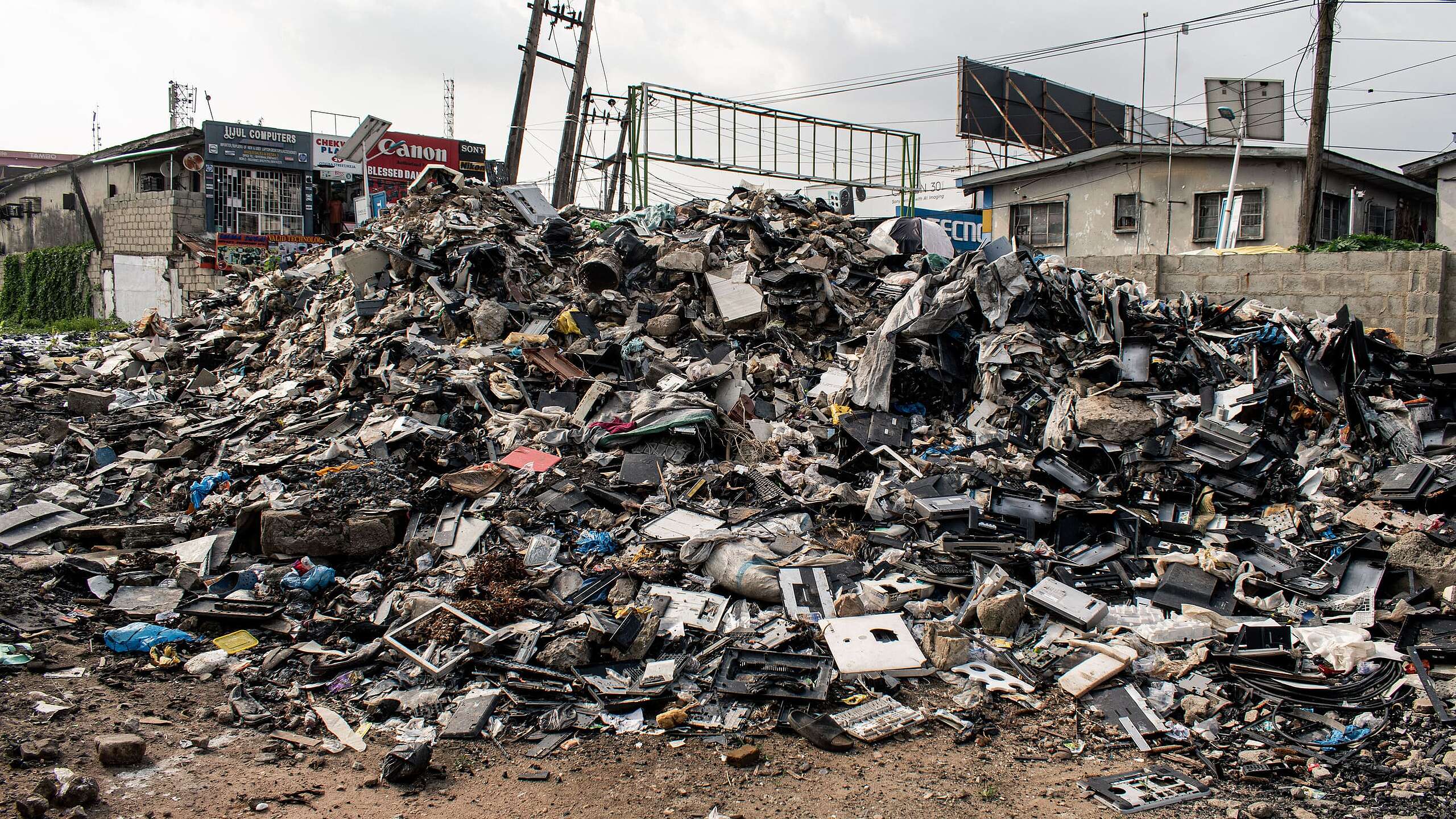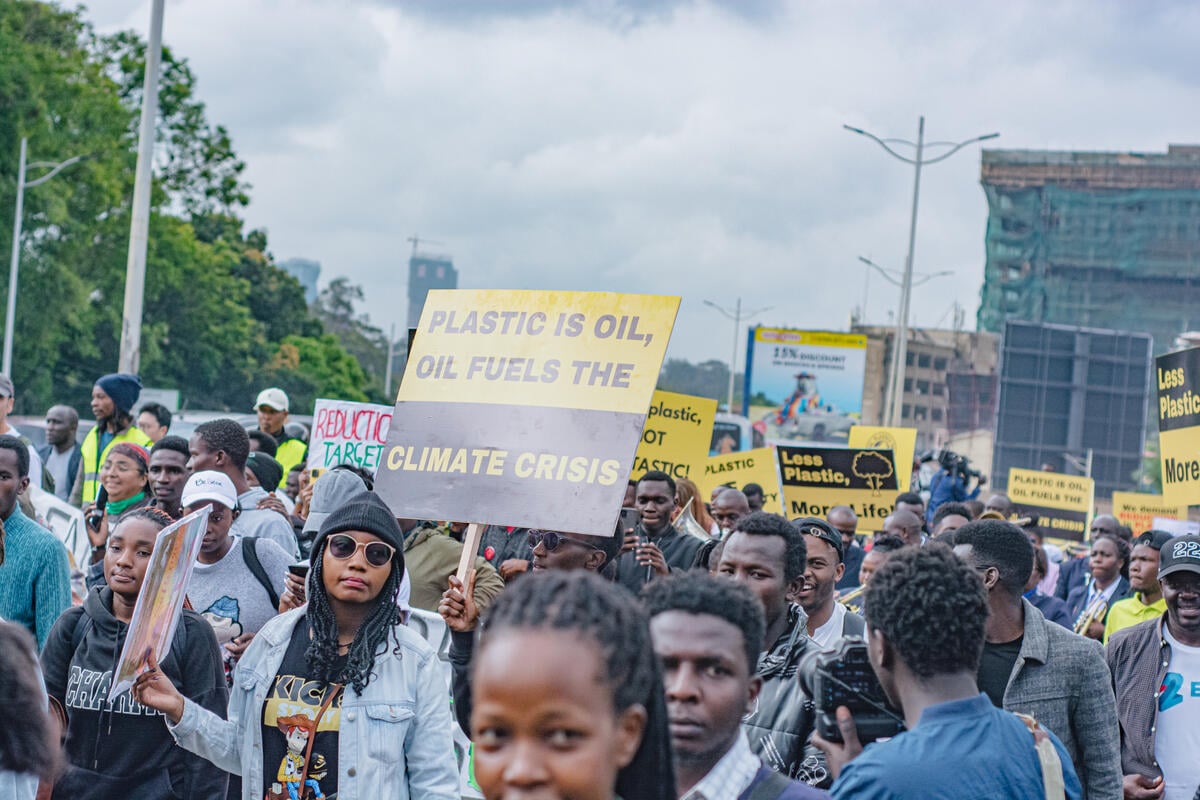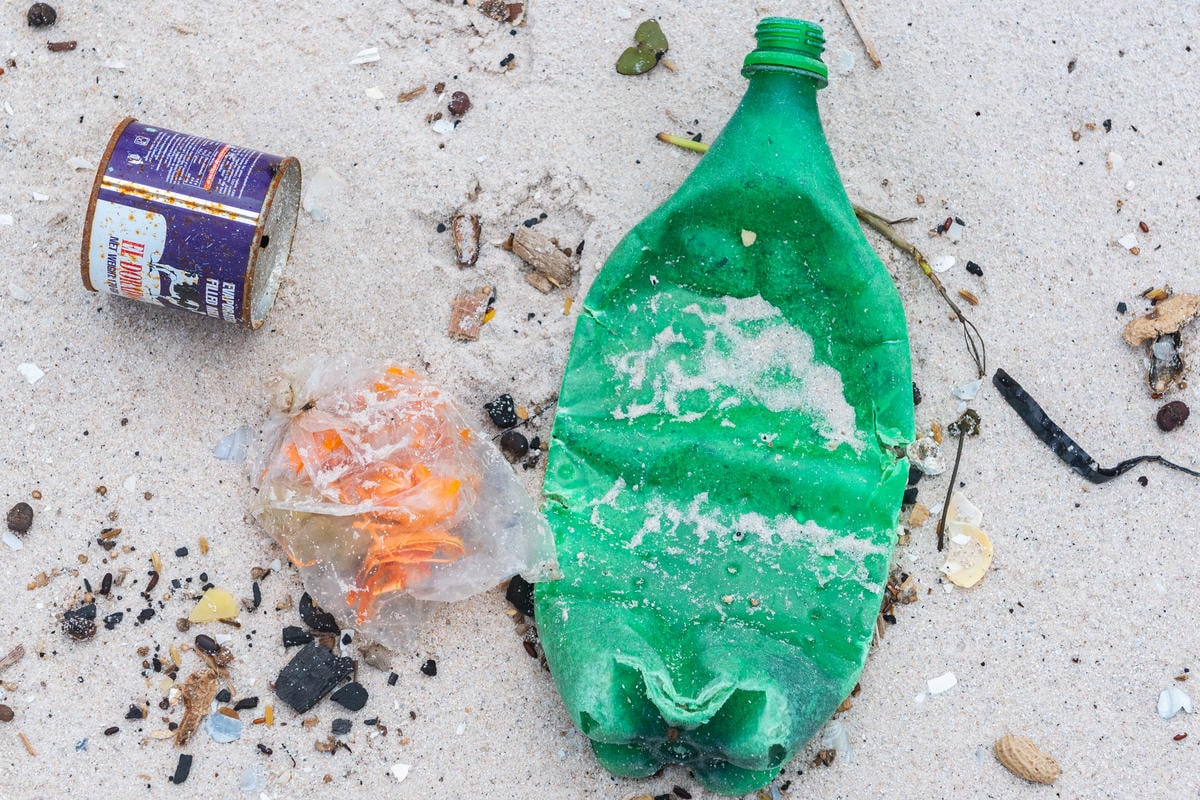Indiscriminate disposal, poor management and the unregulated use of plastic are fuelling a pollution crisis in Nigeria. The effects of plastic in Nigeria has negative environmental and health implications. The non-biodegradable nature of plastics implies that they can stay in the environment for hundreds of years, affecting water bodies, wildlife, aquatic life and arable land. From pollution of water bodies and the resultant threat to aquatic life to flooding issues and its impact on livelihood to land pollution and its effect on aesthetic qualities, the negative impact of plastic wastes transcends all.
Nigeria is the most populous country in Africa. As the most populous country in Africa, its population size has hugely impacted its plastic waste generation. Nigeria has emerged as a hotbed of plastic pollution. A 2019 report by the Voice of America places the amount of plastic waste generated in Nigeria per year at 2.5 million tonnes. The World Economic Forum reports that in 2018, Nigeria discharged approximately around 200,000 tonnes of plastic waste into the ocean per year, with her annual plastics production projected to grow to 530,000 tonnes by 2022.
Nigeria generates about 2.5 million tonnes of plastic waste per year. Picture Credit: Mercy Okpoko
The increasing use of plastics is evident in the unsightly heaps of plastic waste that are a recurring sight in major cities. In some areas, these heaps have taken over major roads. During a typical morning, Tobi faces the sight of plastic waste spread all around his metropolis in Port Harcourt. It is a sight he and others around him have come to become used to. Complaining about the aesthetic impact of plastic waste on his city, Tobi says “I have friends all over the world who sometimes ask for a show-and-tell of my city. I am always ashamed to do this because I know how untidy plastic waste makes my city look.”
Plastic waste along a major road in Port Harcourt, Nigeria. Picture Credit: Mercy Okpoko
The negative impacts on aesthetics appear to be the least of the negative effect of plastic waste in Nigeria. For most, management of plastic waste involves burning of same. Poor management systems such as the burning of plastics portend negative public health implications for the country. At dumpsites, plastic waste and other biodegradable waste are dumped together. These plastic wastes contain carbon and hydrogen which when mixed with chloride from food waste and set on fire, have been identified by Scientists as resulting in a compound mixture that releases harmful gases.
The World Health Organisation (WHO) has identified dioxin as one of the chemical substances released from burning plastic wastes. Dioxin has been linked to cancer, damages to the immune system, hormonal imbalance and other reproductive and developmental problems. With an estimated 116,000 new cases of cancer and 41,000 cancer-related deaths recorded in Nigeria by WHO in 2018, continuous open burning of plastic waste across Nigeria may increase the figures.
Plastic waste also negatively impacts Nigeria’s environment. This poses danger to the soil, water and air. When burnt, plastic waste releases harmful toxins. These toxins when left in the atmosphere impact the air quality negatively. Also, when such toxins seep into the soil, they can lead to groundwater contamination which can affect the quality of drinking water. The International Union for Conservation of Nature (IUCN) has noted that plastic wastes which find their way into the oceans pose a threat to marine biodiversity by way of toxic contaminants or invasive marine species that come with the plastics.
Furthermore, increasing flood cases have been attributed to obstructed gutters, drainages and clogged water channels systems traceable to plastic waste. The indiscriminate disposal of plastic waste obstructs adequate channelling of water. Water inadequately channelled results in flooding.
Plastic waste is a menace to proper water drainage in Nigeria as they clog up gutters. Picture Credit: Mercy Okpoko
Change needed
Nigeria currently has no national policy on plastic waste management. The bill passed by the House of Representatives in May 2019 seeking to ban the use of plastic in the country, has not been signed into law by the president. In January 2021, Nigeria’s decision to join the World Economic Forum’s Global Plastic Action Partnership was announced. Despite efforts, not much difference seems to have occurred.
Nigeria must join the global movement to eliminate plastic waste. Actions need to be scaled up if the country hopes to match the menace of plastic waste pollution before her. Nigeria must look towards legal frameworks at local and international levels. At the local level, the bill which seeks to ban the use of plastic should be passed into law. At the international level, a global plastics treaty that emphasises a holistic approach to tackling plastic waste seems the way to go.
BY MERCY OKPOKO
Mercy Okpoko is an environmental enthusiast and a Lecturer of Law at Samuel Adegboyega University, Ogwa, Edo State, Nigeria.



